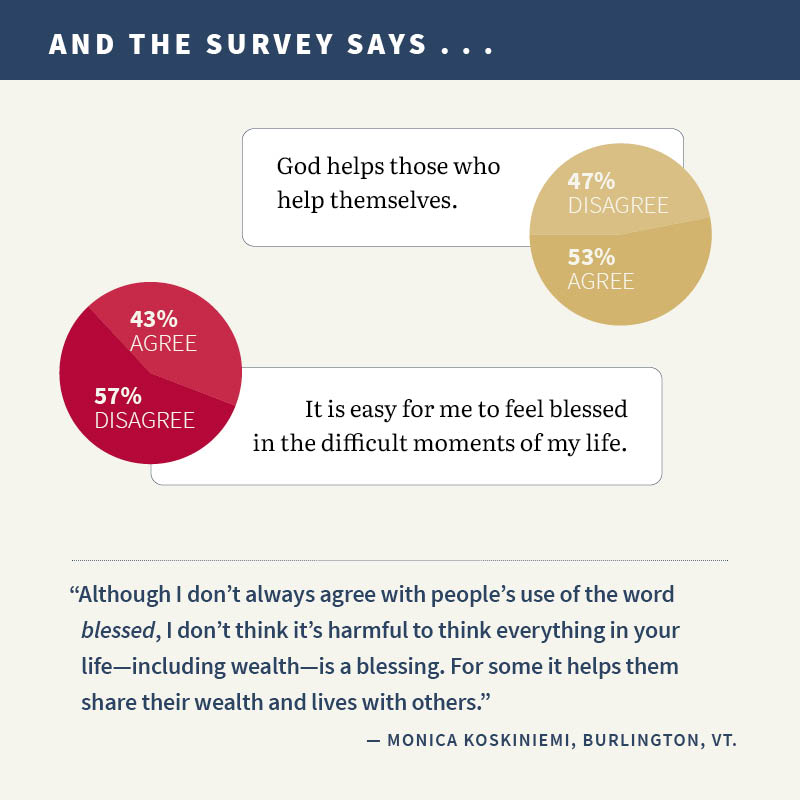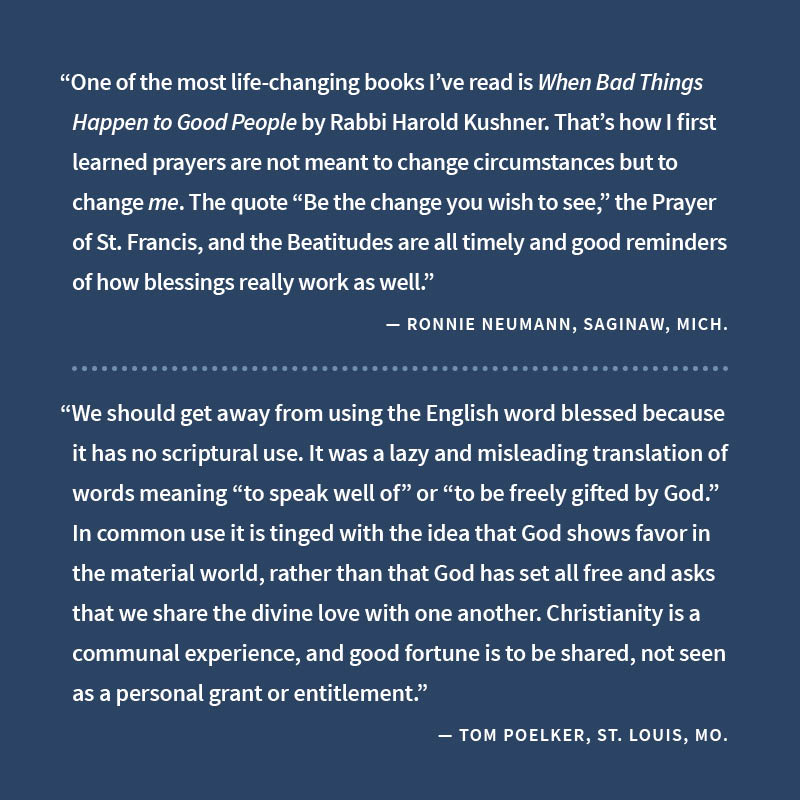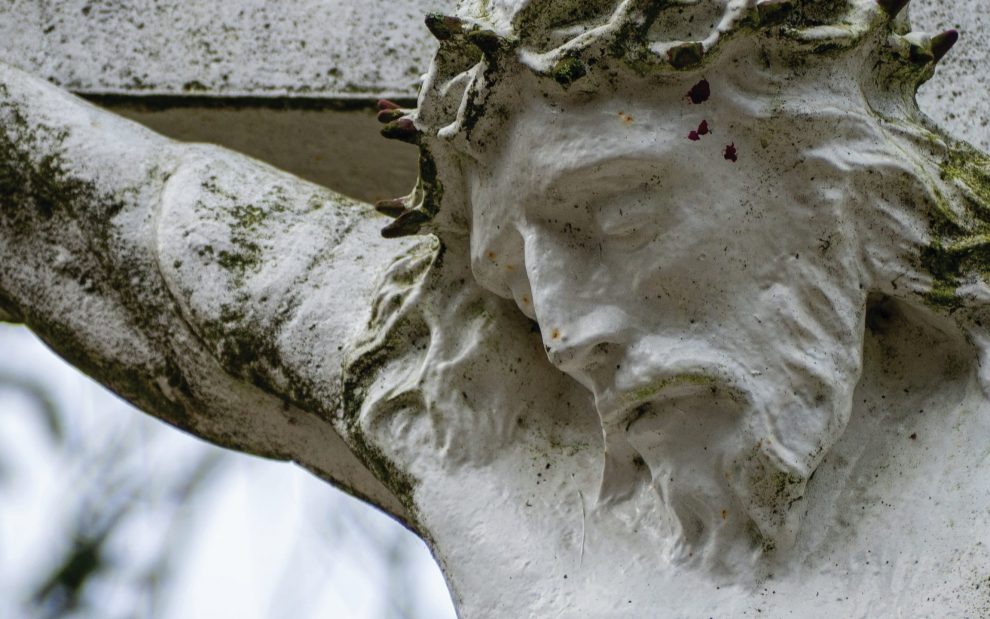May his memory be a blessing. I found myself repeating these words—a rabbinic phrase that originates in the Jewish tradition—to a Jewish colleague as we mourned the sudden and tragic loss of her student and my friend, Norbertine Father Graham Ross Golden. It’s the kind of tragedy that, when you receive the news, you’re sure it must be a sick joke. Graham was killed at the foot of his abbey drive. He was 35. The car he was driving was T-boned by a pickup truck driven by a young man who was going almost double the speed limit while racing another car. This was less than 48 hours before I was to arrive in Albuquerque, New Mexico, to spend a week with my beloved friend at his abbey retreating and writing my dissertation. Instead, I spent the week mourning with his community.
A few times over the course of that week, I was able to be alone with Graham’s body. I made the sign of the cross on his forehead, then kissed it. The final time, in the small chapel at Our Lady of the Most Holy Rosary Parish, before they processed his body into the main church accompanied by the Litany of the Saints for his Requiem Mass, he looked like the perfect desert monk he always strived to be. He was laid to rest in a simple wood box lined with white satin with the hood of his white habit up around his head, a borrowed pair of glasses (his were lost in the accident), his legs and waist covered in a traditional burial blanket (a gift from the parish he was serving at the Pueblo of Isleta), a rosary laid between his hands adorned with an anonymous seashell. His hands no longer gesticulate, his heart no longer beats, his lips no longer smile, his brain no longer generates grand thoughts and musical melodies.

I am not ready to call those moments blessings—but as I recall them, I remember that his body, now broken and returned to the earth, has done the work of Christ on Earth. Is that what it means to be blessed?
Blessings derive their value from the meaning we make from our experiences of them. To be blessed doesn’t depend on material wealth, privilege, or providence. To be blessed is to recognize graced moments and to be deeply aware of the presence of God through the strengthening of relationships with God, with others, and with ourselves. An existence entwined with radiating blessing comes from connection to a sense of the divine.
Because of Jesus we know that blessedness is not a status reserved for working bodies and perfect conditions. Broken bodies and tough times can be blessed too. The greatest gift God gave to humanity—salvation through the life, death, and resurrection of Jesus Christ—encapsulates the range of human experience, including radical vulnerability. Jesus, in the midst of his passion, shared the vulnerability of bodily brokenness and was returned to the earth in a tomb. This made the resurrection possible.
May his memory be a blessing. We memorialize Jesus Christ’s blessed and broken life in the Eucharist—the Blessed Sacrament.
Did Jesus, in his humanity, see the divine blessing in his brokenness? Did Christ, in his divinity, recognize the blessing for humanity?
We are unable, in the limitations of our humanity, to know everything of God, but we can know something of God. Often, it is in the graced moments, the ones we define as blessed, that we accredit our deepest awareness of the presence of God. Conceptualizations of blessings are infused with divine activity. But God is with us in the seemingly ungraced moments too. God is also in the ones where we don’t feel God moving and may plead like Jesus on the cross, “My God, my God, why have you forsaken me?” (Mark 15:34). We, as those faithful to God’s commands, seek blessings when we grieve for comfort and connection. Through the promise of the resurrection, broken bodies don’t have to mean broken relationships.

May his memory be a blessing. Graham lived a life of blessing not rooted in the superficial, mass manufactured type of blessing we often see pronounced on a living room wall or social media feed (“Simply Blessed,” “#Blessed”) but in the beauty of connection between people that is reflective and inclusive of God’s love. I think he understood this fundamental fact of his nature, and indeed human nature, possibly more so than any person I have ever met before or since.
I recently returned to New Mexico to spend some time at Graham’s familial home with his parents, sister, and nephew. The loss of a child is a darkness that I cannot even begin to comprehend. I was able to spend time with the people who knew him best and loved him most, to share fond stories, to learn more about him as a child, to imagine what his response would be to the injustices that plague our world, and to discover the sacred depths to which his parents shaped and molded his worldview.
The loss of Graham was tragic—and that word still doesn’t cover the devastation. Yet the beauty of his life—a life he lived, to the inner sanctum of his being, to be a blessing unto others—was reflected in the thousand-plus people who attended his funeral, the thousands more who watched from home, the tributes that have been written on social media, the good work now being done in his name, and the small acts of service that resound with notes of his love. These ways of memorializing Graham connect the ones who remain with God and with each other. The blessing of his life continues to connect so many people to God’s love and love for one another.
May his memory be a blessing. When I think of Graham and say these words, I know the truth of that statement. Blessings are connection, not commodity. I feel the connection to Graham and to God. Our goal, really, is to receive our blessings with humility and grace and, in turn, be a blessing for others and for the future. We strive to feel the cosmic connection with God, with others, and with ourselves.
Graham lived his life to be a blessing unto others. As we seek God’s blessing, we must also seek to be an extension of God’s blessing unto others. Let God use us as conduits for blessing, so that when after our passing it is said, may their memory be a blessing, we have already begun to be the blessing in life.

This article also appears in the February 2022 issue of U.S. Catholic (Vol. 87, No. 2, pages 24-27). Click here to subscribe to the magazine.
Image: Unsplash/Wim van ‘t Einde















Add comment